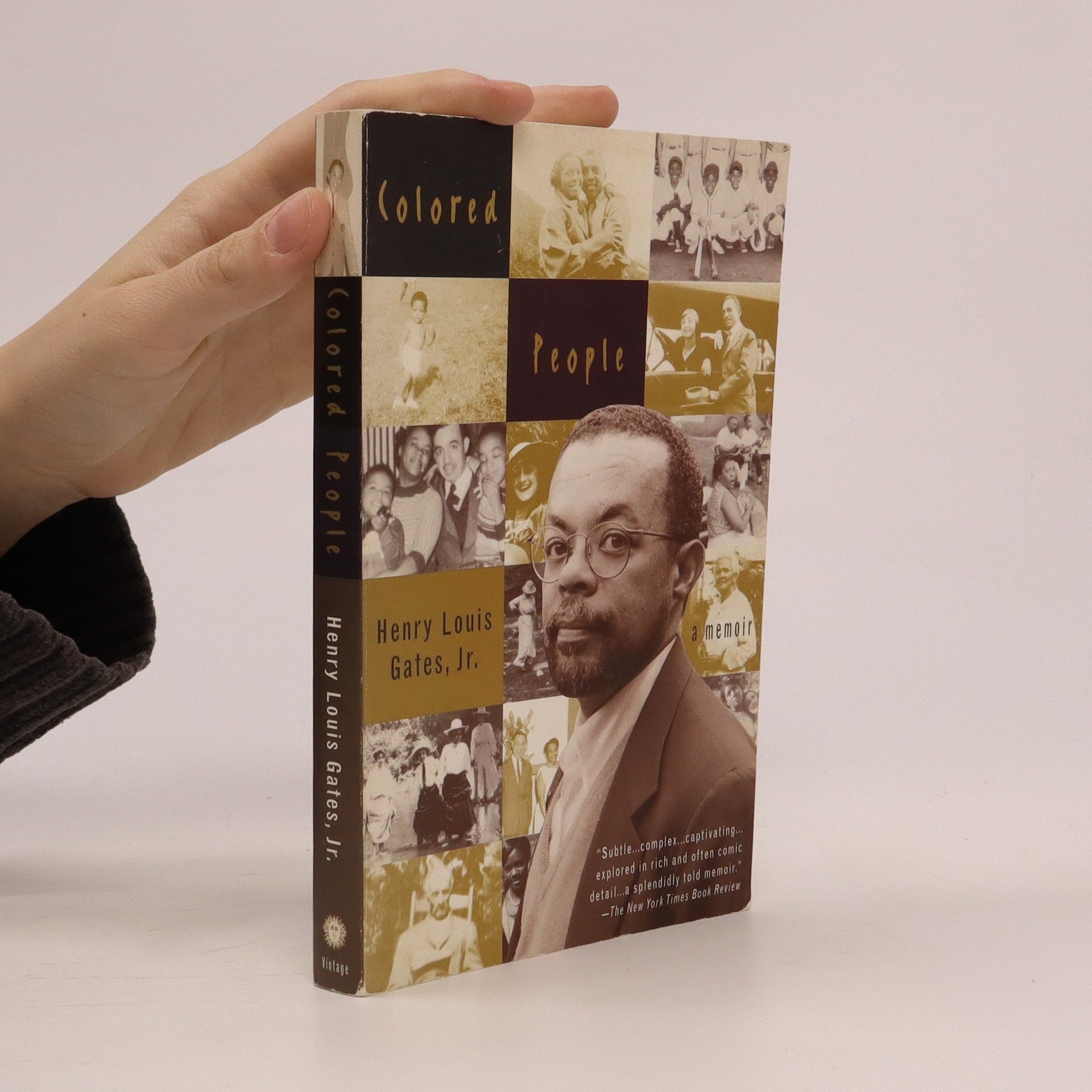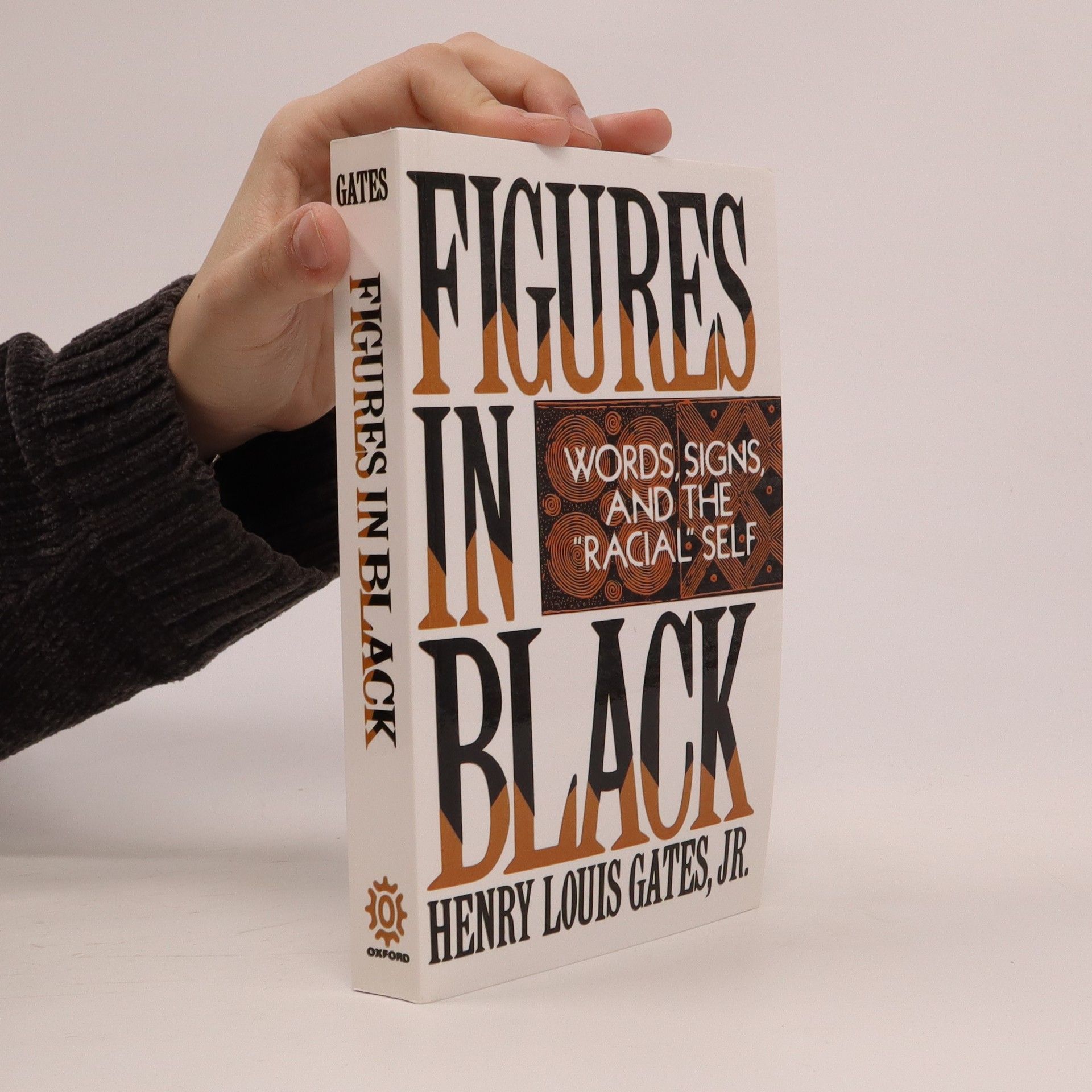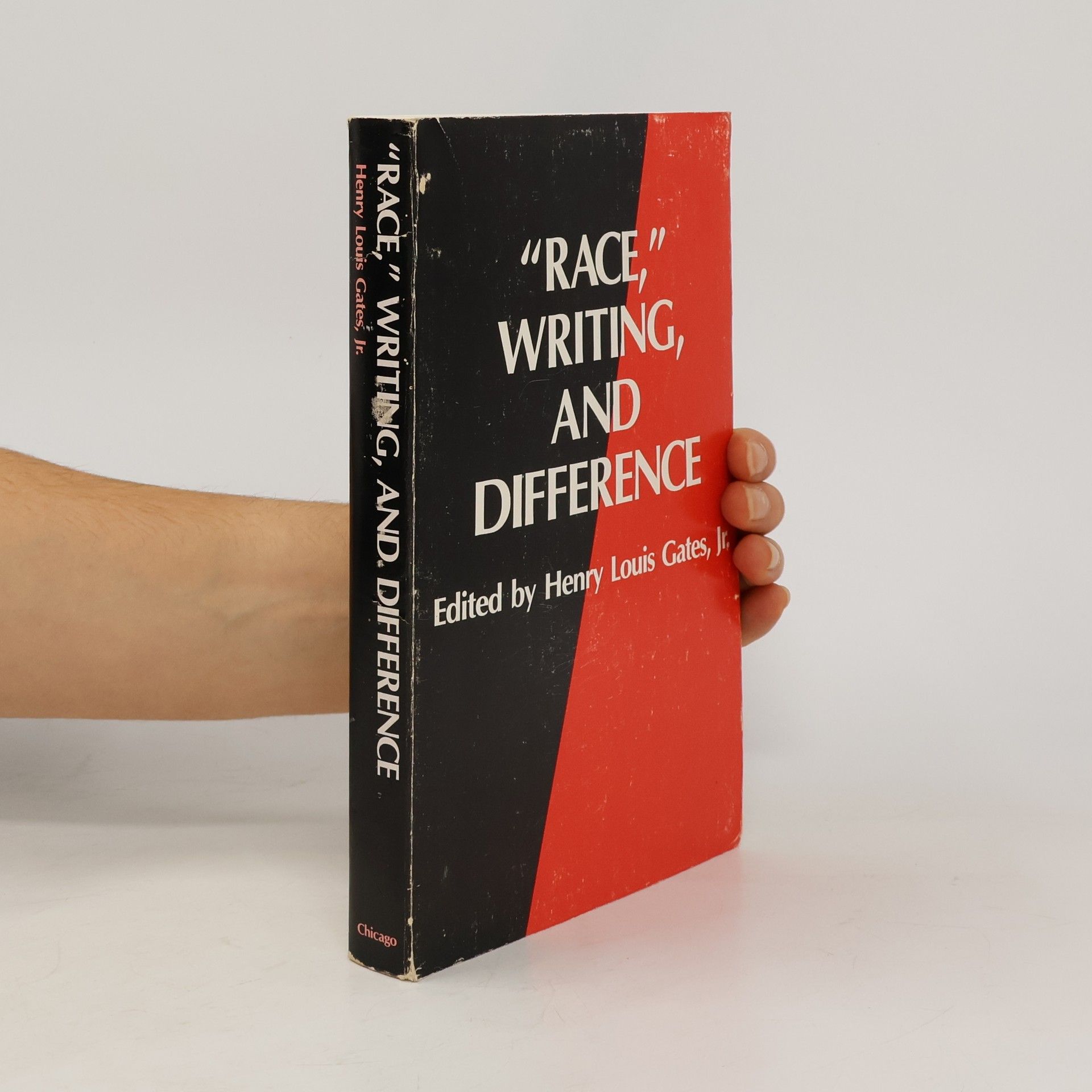A comprehensive collection of African-American literature features more than 120 writers with works covering more than two hundred years and encompassing the genres of fiction, poetry, short stories, drama, autobiography, journals, and letters.
Henry Louis Jr Gates Livres
Henry Louis Gates Jr. est un critique et éditeur littéraire distingué, défenseur de la littérature et de la culture noires. Son travail approfondit l'analyse et la promotion dans les études africaines et afro-américaines. Professeur à l'Université de Harvard et directeur du W. E. B. Du Bois Institute, il façonne le discours sur la recherche littéraire et culturelle noire. L'influence de Gates Jr. réside dans l'illumination et la célébration du patrimoine littéraire noir.




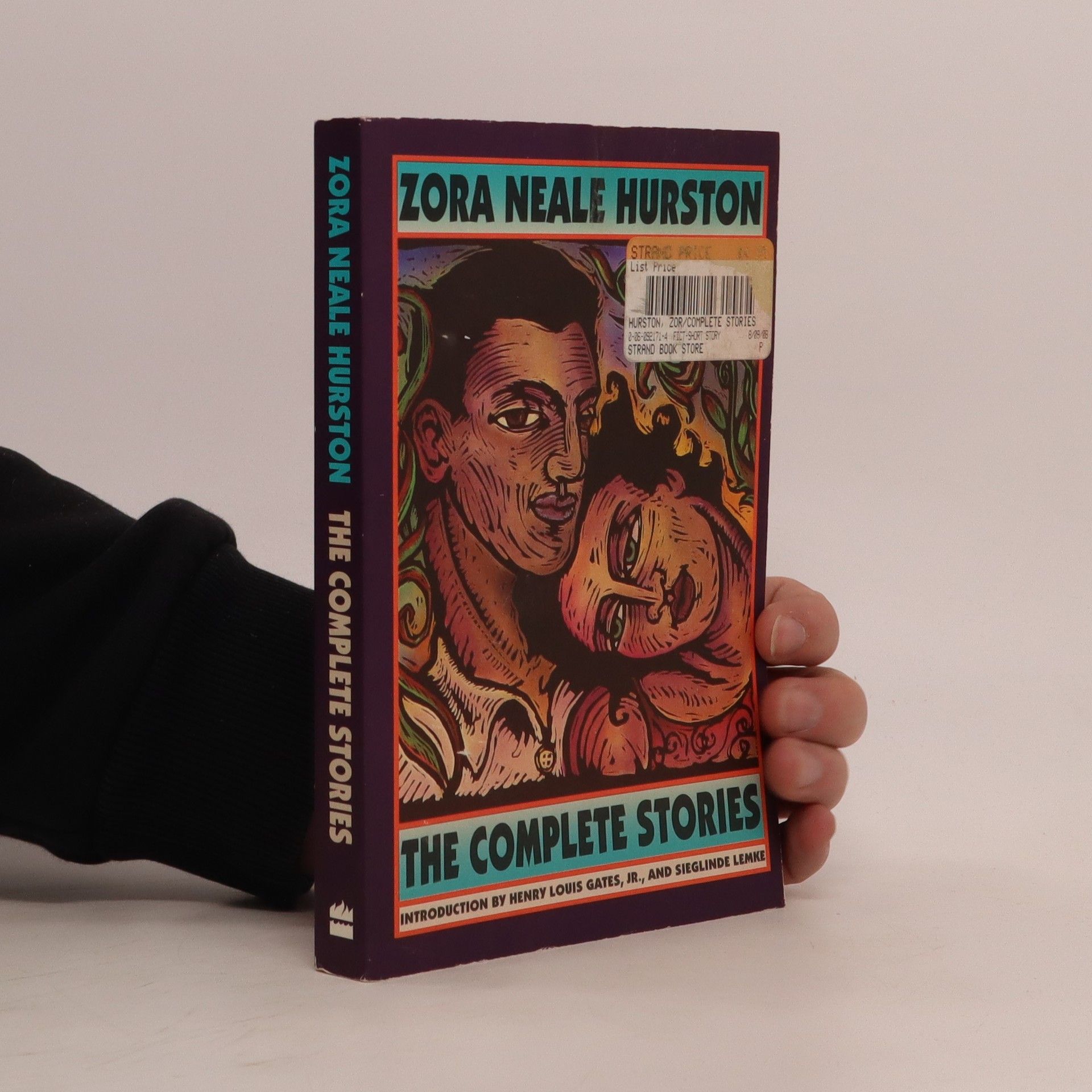
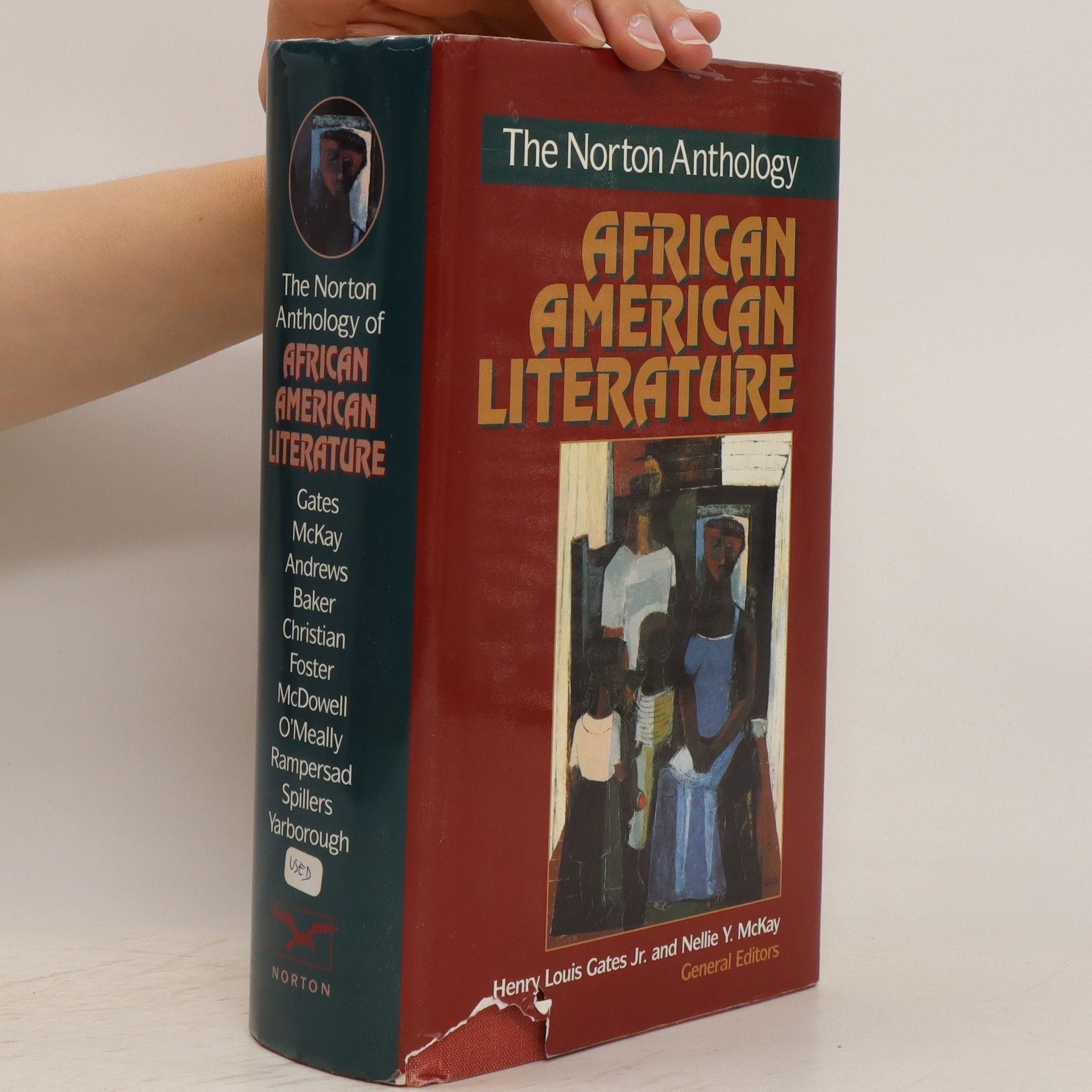
The complete stories
- 336pages
- 12 heures de lecture
A collection of short stories, most of which appeared in literary magazines during the author's lifetime, along with previously unpublished works, spans the career of one of the century's foremost African American writers.
Dark Sky Rising: Reconstruction and the Dawn of Jim Crow
- 240pages
- 9 heures de lecture
"This is a story about America and the shaping of its democratic values during the Reconstruction era, one of our country's most pivotal and misunderstood chapters. In this stirring account of the Civil War, emancipation, and the struggle for rights and reunion that followed, one of the premier US scholars delivers a book that is as illuminating as it is timely. Real-life accounts of heroism, grit, betrayal, and bravery drive this book's narrative, spanning America's history from 1861 to 1915 and drawing parallels with to today from acclaimed author, critic, and inaugural MacArthur Genius Henry Louis Gates, Jr."--Page 4 of cover
Who's Black and Why?
- 320pages
- 12 heures de lecture
The eighteenth-century essays published for the first time provide a disturbing insight into the origins of racism, showcasing European intellectuals grappling with justifications for the atrocities of the Atlantic slave trade. In 1739, Bordeaux’s Royal Academy of Sciences announced a contest seeking essays on the sources of “blackness,” prompting sixteen submissions from across Europe, including naturalists, physicians, and theologians. These essays address the physical causes of black skin and African hair, as well as notions of degeneration, reflecting a range of opinions. Some authors argue that Africans fell from God’s grace, while others attribute blackness to climate or anatomical differences. Despite their varied perspectives, all essays converge on a common theme: the quest for a scientific understanding of race. This collection serves as a crucial record of Enlightenment-era thought that helped normalize the enslavement of Black individuals. The previously unpublished documents, now translated into English and accompanied by an introduction and headnotes from Henry Louis Gates, Jr. and Andrew Curran, reveal the foundational ideas that fueled anti-Black racism and colorism in the West, preserved for centuries in Bordeaux’s municipal library.
This work presents a compelling alternative to contemporary white nationalism by examining African-American history, particularly the violence and injustices of white supremacy that have often been overlooked. It offers a profound exploration of the struggle for equality following the Civil War and the counter-revolution that re-subjugated African-Americans, framed through the lens of visual culture and the enduring racist ideologies that persist in American society. While the abolition of slavery and the civil rights movement are well-known, the century in between remains less understood. The author investigates why, despite emancipation, further marches for civil rights were necessary decades later. The narrative spans from the Reconstruction Era to the nadir of African-American experience under Jim Crow, through World War I and the Harlem Renaissance. By closely analyzing the visual culture of this tragic period, the author reveals the multifaceted nature of Jim Crow and its reinforcement of racial divisions. The story begins with the hope of the Emancipation Proclamation and the liberation of nearly 4 million enslaved individuals, detailing the subsequent struggles against white paramilitary violence and economic decline that led to the restoration of Southern home rule. Amidst this violence, figures like W. E. B. Du Bois and Ida B. Wells emerged, creating a counter-narrative of resistance. This essential exploration
A scholarly primer by the Harvard University intellectual and author of the American Book Award-winning The Signifying Monkey collects three decades of his writings in a range of fields, in a volume that also offers insight into his achievements as a historian, theorist and cultural critic.
Colored People
- 216pages
- 8 heures de lecture
In a coming-of-age story as enchantingly vivid and ribald as anything Mark Twain or Zora Neale Hurston, Henry Louis Gates, Jr., recounts his childhood in the mill town of Piedmont, West Virginia, in the 1950s and 1960s and ushers readers into a gossip, of lye-and-mashed-potato “processes,” and of slyly stubborn resistance to the indignities of segregation. A winner of the Chicago Tribune ’s Heartland Award and the Lillian Smith Prize, Colored People is a pungent and poignant masterpiece of recollection, a work that extends and deepens our sense of African American history even as it entrances us with its bravura storytelling
Figures in black: Words, Signs, and the "Racial" Self
- 348pages
- 13 heures de lecture
For over two centuries, critics and the black community have tended to approach African-American literature as simply one more front in the important war against racism, valuing slave narratives and twentieth-century works alike, primarily for their political impact.In this volume, Henry Louis Gates, Jr., a leading scholar in African-American studies, attacks the notion of African-American literature as a kind of social realism. Insisting, instead, that critics focus on the most repressed element of African-American criticism--the language of the text--Gates advocates the use of a close, methodical analysis of language, made possible by modern literary theory. Throughout his study, Gates incorporates the theoretical insights of critics such as Bakhtin, Foucault, Lacan, Derrida, and Bloom, as he examines the modes of representation that define black art and analyzes the unspoken assumptions made in judging this literature since its inception.Ranging from the eighteenth-century poet, Phillis Wheatley, to modern writers, Ishmael Reed and Alice Walker, Gates seeks to redefine literary criticism itself, moving away from a Eurocentric notion of a hierarchical canon--mostly white, Western, and male--to foster a truly comparative and pluralistic notion of literature.
The Black Church: This Is Our Story, This Is Our Song
- 304pages
- 11 heures de lecture
For young Henry Louis Gates, Jr., growing up in a segregated West Virginia town, the church was a vital community hub, where song and support flourished. In this expansive exploration of the Black Church's significance in America, Gates traces its history over five centuries, from the intersection of Christianity and the transatlantic slave trade to contemporary politics. His reflections on the churches of his youth reveal the profound role of African American religion in the national narrative—serving as a bastion against slavery and white supremacy, a catalyst for political mobilization, and a nurturing ground for musical and oratorical talent that shaped culture. The Black Church has historically provided a rare safe space for the African diaspora, often targeted by white supremacists. From the earliest days of slavery, when worship was permitted, these gathering places faced surveillance and destruction. Even after slavery's end, acts of violence against Black churches persisted, exemplified by the tragic events at the Mother Emanuel AME Church. Gates illustrates that the Black Church embodies a complex legacy, central to the Black political struggle and the emergence of influential leaders. Yet, some denominations have resisted political engagement, fostering exclusion and division. As new generations advocate for dignity and freedom across identities, the Black Church remains a vital source of faith and resilience agains
"Race," Writing, and Difference
- 422pages
- 15 heures de lecture
A classic of cultural criticism, "Race," Writing, and Difference provides a broad introduction to the idea of "race" as a meaningful category in the study of literature and the shaping of critical theory. This collection demonstrates the variety of critical approaches through which one may discuss the complexities of racial "otherness" in various modes of discourse. Now, fifteen years after their first publication, these essays have managed to escape the cliches associated with the race-class-gender trinity of '80s criticism, and remain a provocative overview of the complex interplay between race, writing, and difference.
